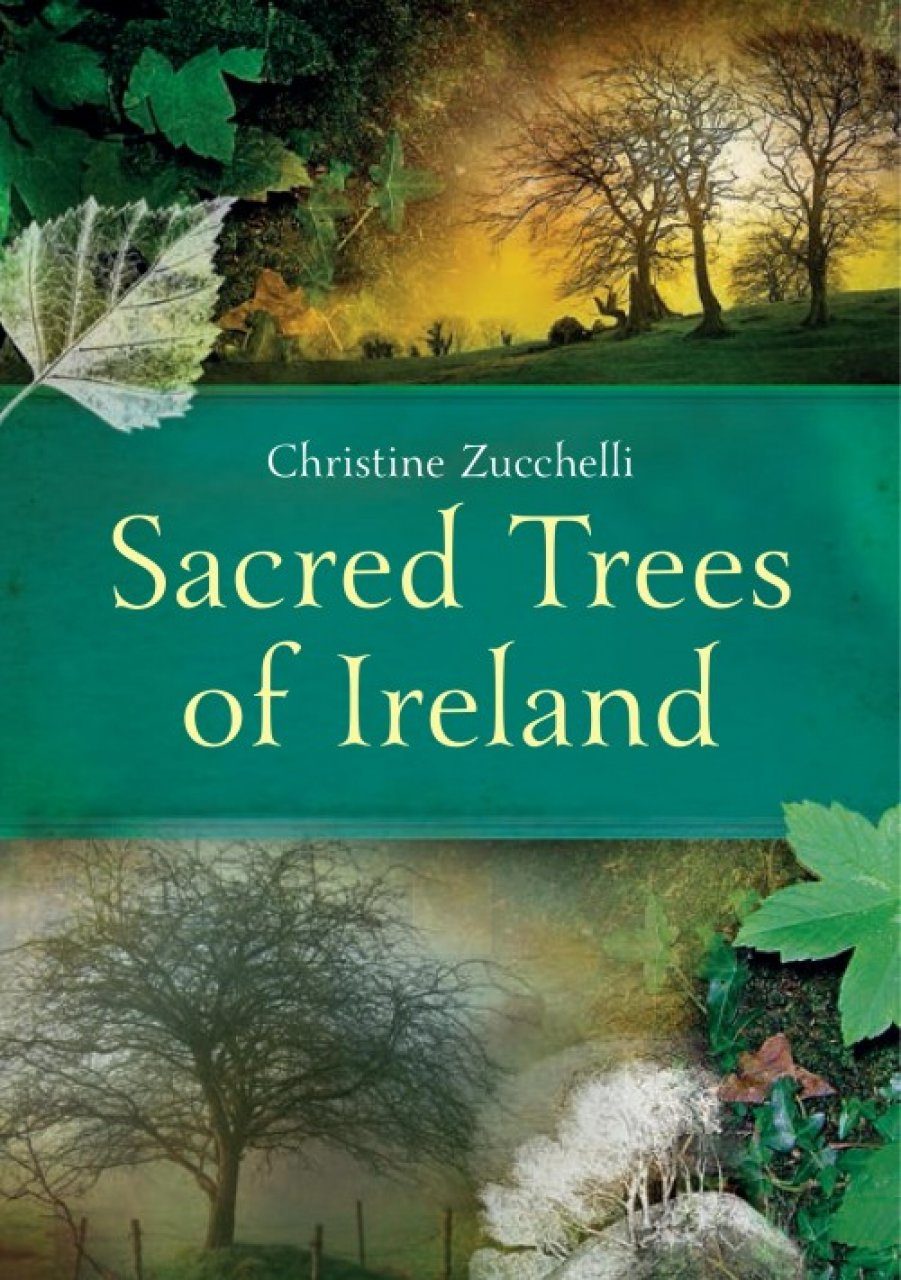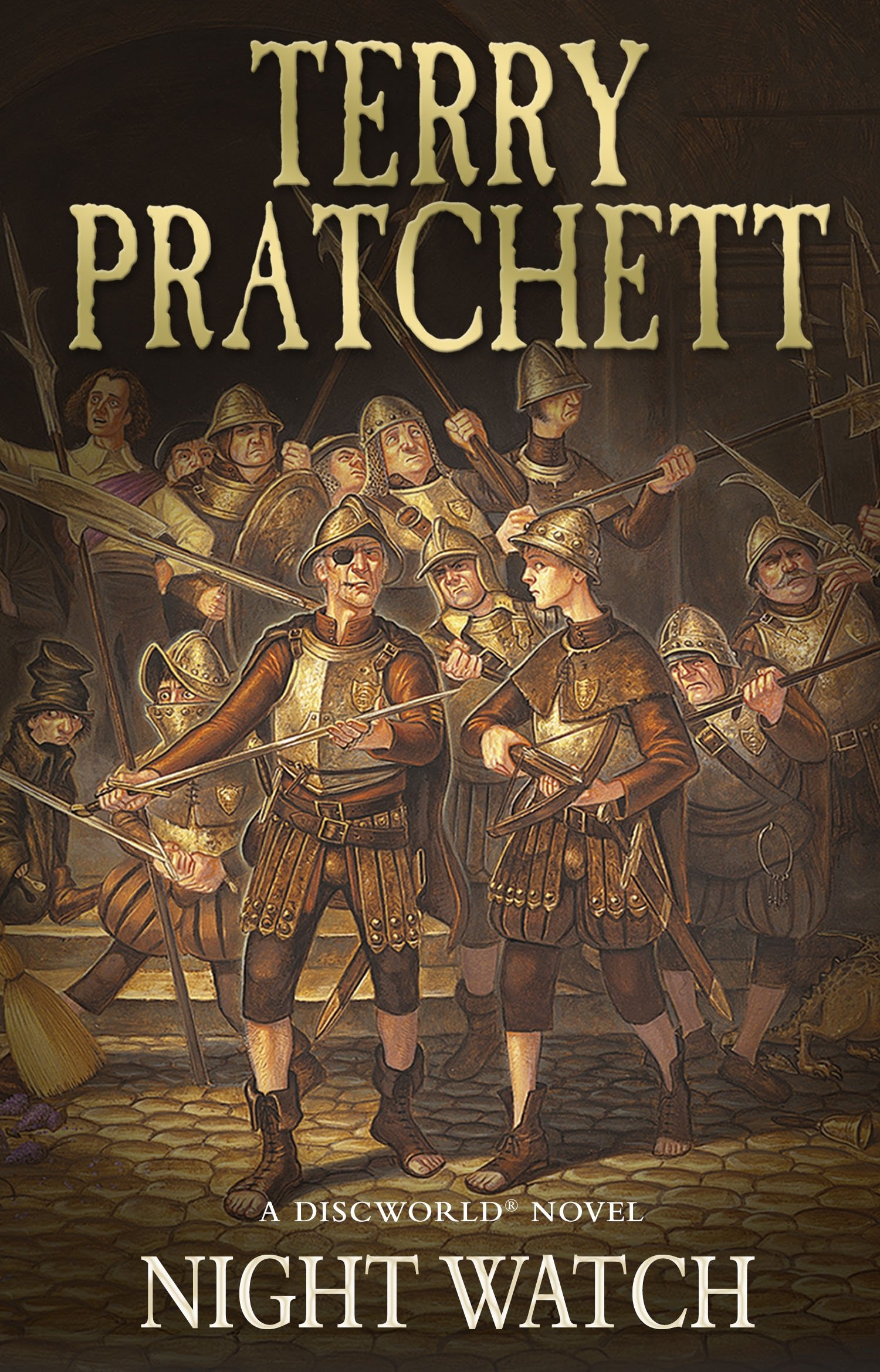


Pictured: Moylish library during lockdown. (A photo I'm glad I decided to take back in March...)
Hello once again from the LIT Library. We hope you and yours have remained happy, healthy, and (relatively) productive in these strange times.
Normally, summer is a chance for the library to prepare for the coming year and beyond. This much, at least, is still true. As the library staff has transitioned to working from home, we've been taking the opportunity to update our digital services wherever possible. Exploring our LibGuides, you may notice several new video tutorials put together by our staff. The library is also committed to remaining up to date with the new teaching tools the college is exploring as we all adjust to our new status quo.
Come September, LIT intends to pursue a blended model of teaching and learning. Many courses rely on labs and other practical, on-site spaces, and the college intends to facilitate this physical learning however it can. Some lectures may transition to online forms. Here at the library, our physical locations will remain open to students - however, physical distancing may restrict some of our services and spaces. That said, there are still plenty of ways to access our services remotely. Browse digital material via our website, renew your loans over the phone, send us queries through email...
...and above all, look after yourself!

No matter what you're doing out in the wider world, certain precautions have been shown to be effective against Covid-19. The three most important pillars are hand hygiene, respiratory etiquette, and physical distancing.
Prior to LIT closing its campuses, several hand sanitizer stations were installed at major points, including the entrance to the library. This will continue in September, as hand hygiene is vital in containing transmission of the virus. Wash your hands frequently and thoroughly, ensuring you get soapy water even to places like in-between your fingers. A proper hand washing should take 20 seconds, and it's fundamental to keeping you and those around you safe.
Covid-19 is mostly spread via respiratory droplets of the nose and mouth. This is what makes masks and PPE so effective at preventing its spread. PPE will be provided where appropriate, but whenever your face is uncovered, be mindful of others. Always cover your mouth and nose when you cough or sneeze (which, to be blunt, you should be doing anyway...) If you use a tissue, bin it, and if you just use your hands, wash them as soon as you can.
Remaining too close to others is another major avenue of viral transmission. The good news, though, is that the reverse holds true as well; if you keep two metres apart from other people, your chances of contracting Covid-19 are far, far lower. LIT intends to lower the number of people on campus at a given time and to make some corridors one-way. Workspaces will also be more spaced out to ensure safety. It's important to note physical distance doesn't necessarily mean social distance. You can still talk to your friends to your heart's content, just don't go in for any hugs.
If you have a good grasp of these practices, you shouldn't feel too nervous about going out! As long as you're careful, and mindful of others, you'll be able to do what you need. Although the coming year is doubtlessly going to look different, and a little strange, LIT Library remains open to you.

Recent months have seen a lot of change in our working lives, as many work from home and some relocate entirely. Many staff members of LIT were prepared to be reassigned elsewhere if this would help make a tangible difference in the country's handling of Covid-19, and this is exactly what's been undertaken by the library's own Anne O'Donoghue. Since May, Anne has been working with the HSE, helping to manage the influx of Covid-19 casework. Anne reports that the work is going well, and until she's back behind the library desk, we wish her the best.
While we all adjust to spending more time indoors, it's an excellent time to catch up on some summer reading. Here are a few books the library staff can personally recommend!
In her book Elsewhere: one woman, one rucksack, one lifetime of travel (2018),  Rosita Boland records a lifetime of travel to several countries, starting with a trip to Australia in her twenties and ending with a trip to Bali in her fifties. By means of constant reference to her travel diaries, the book not only chronicles Boland’s many physical journeys, but also recounts numerous personal journeys from the point of view of a solo woman traveller across a thirty-year timespan.
Rosita Boland records a lifetime of travel to several countries, starting with a trip to Australia in her twenties and ending with a trip to Bali in her fifties. By means of constant reference to her travel diaries, the book not only chronicles Boland’s many physical journeys, but also recounts numerous personal journeys from the point of view of a solo woman traveller across a thirty-year timespan.
Elsewhere was the perfect lockdown read. I became the true definition of ‘an armchair traveller’ as I joined Rosita Boland on nine journeys from nine different moments in her life. I don’t often read travel books but this one engaged me from beginning to end. There is a real authenticity about the writing that makes this book as much a memoir as a travelogue. I highly recommend it!
 Christine Zucchelli's Sacred Trees of Ireland is one of my favourite books I have read in recent times. I highly recommend it now that we are easing the social restrictions - a little contemplation and reflection on life acts as a soothing balsam to internal recovery, and an appreciation of what we have.
Christine Zucchelli's Sacred Trees of Ireland is one of my favourite books I have read in recent times. I highly recommend it now that we are easing the social restrictions - a little contemplation and reflection on life acts as a soothing balsam to internal recovery, and an appreciation of what we have.
This book helped me to appreciate trees as a mirror, in many ways, to the cycle of our own lives. Trees are born, they breathe and drink, they grow to maturity, reproduce, give us oxygen, and inevitably die. Artists throughout the ages have depicted how their branches, roots, and the veins of their leaves resemble human blood vessels; certain species have even been known to even ooze a reddish sap when damaged. From ancient times, people have venerated certain trees for their spiritual value. In Ireland the roots of tree worship reach deep into pagan Celtic/Druidic religion and spirituality.
This fascinating exploration of stories and legends, from fairy thorns and rag trees to Mass Bushes and monument trees, reveals the spiritual, social and historical function of trees from Druidic pagan times to the present.
The late, great Terry Pratchett left us a prolific body of work, and the world is better for it. I'd specifically like to recommend Night Watch, one of several novels in the Discworld series.
novels in the Discworld series.
The novel stars Sam Vimes, one of Pratchett's most iconic characters, contending with revolution, violence, and his own past. Given the darker subject matter, Pratchett's trademark absurd humour is downplayed somewhat, but still very much present. In his usual style, the author satirises other major works - in this case, Les Misérables and Life on Mars - while, at the same time, deftly working in his own inimitable perspective.
The Discworld series remains a cultural touchstone, thanks to its kind heart and immensely sharp tongue, and its slightly darker tone makes Night Watch one of the best entries into an already great series.
The Library, Technological University of the Shannon: Midwest